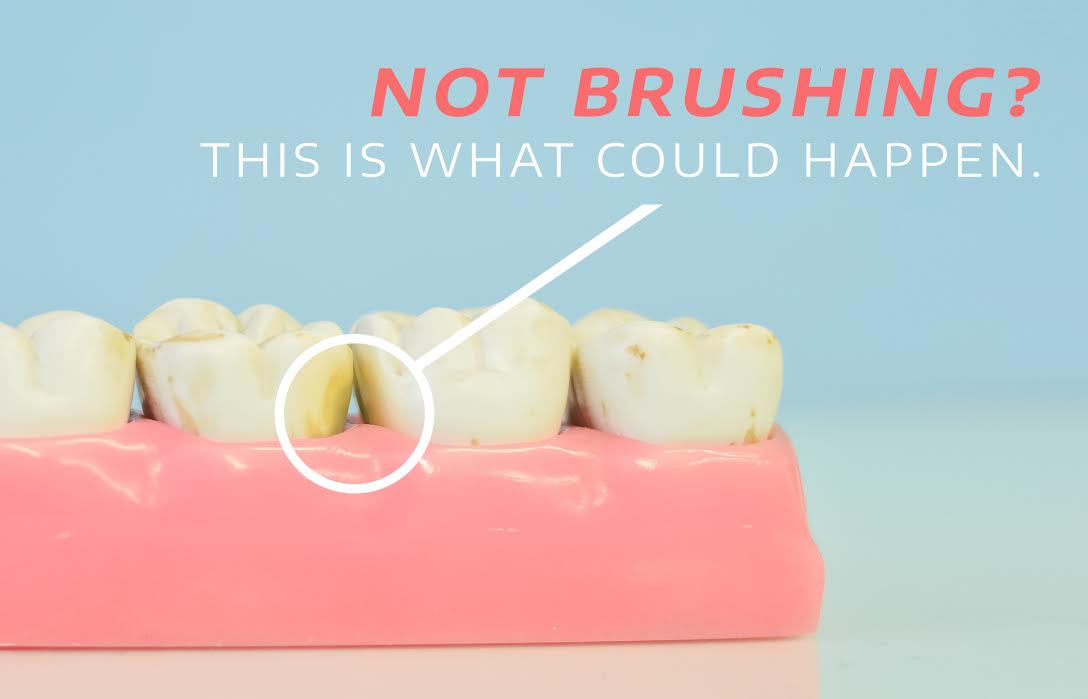Dentists around the world encourage brushing your teeth at least twice a day, every day. But why? Aside from the cosmetic perks of brushing your teeth, there are many additional health benefits to keep your pearly whites… well… pearly white!
Halitosis
Most obviously, brushing your teeth daily wards off halitosis (popularly known as bad breath)! Brushing helps remove the food left in your mouth after a meal. When leftover food particles aren’t dislodged by regular brushing, the enzymes in your saliva begin to break them down. An odorous, sulfurous compound is produced while your saliva cleans up your leftovers, creating an overall bad smell in your mouth. Brushing twice a day helps to disrupt this process and keeps your breath fresh and clean!
Bacteria
When you don’t take the time to brush your teeth before bed or after breakfast, you’re allowing bacteria to thrive in your mouth. Not only is this a distasteful prospect, but it results in plaque buildup along your gums and between your teeth. Regular brushing is a daily battle with bacteria and continually disrupts the build-up of plaque. If plaque is left unchecked for too long, it turns into tartar. Tartar is a tough, thick, yellow staining that causes bleeding and inflammation to your gums. Tartar is resistant to usual brushing habits and complete tartar removal usually involves a visit to your dentist. Aside from being unsightly and difficult to remove, tartar is the typically the first step towards major oral health problems.
Tooth Decay
Unbridled tartar can create serious problems in your overall oral health. Plaque and tartar work together to eat away at your teeth and gums, allowing other, nastier bacteria deeper access to your gums. Teeth that continually make contact with tartar will weaken and decay over time, potentially leading to cavities and tooth loss.
Disease
Bacteria and tartar with prolonged access to the gums can infiltrate the bloodstream and cause serious health problems-and not just in your mouth! Not only is poor dental hygiene a direct cause for periodontal disease, but it’s also linked with methicillin-resistant Staphylococcus aureus (MRSA), heart attacks, pneumonia, dementia, and respiratory infections.
Brushing your teeth twice daily is an important step in disrupting the slippery slope of tartar and plaque build-up. Leaving the bacteria in your mouth unchecked could lead to severe health consequences down the road.

